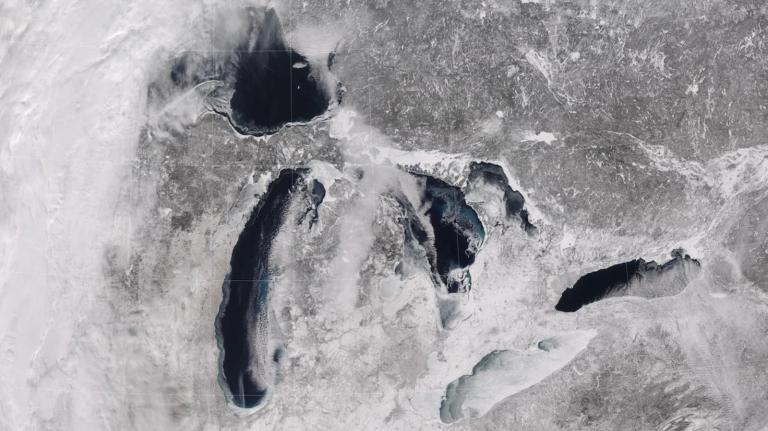• I wish I was as funny as The Editors.
• Interesting: AEP, one of the most coal-heavy and change-resistant utilities on the planet, is experimenting with backyard energy storage systems.
• A good piece from the Center for Progressive Reform examines the risk of "hotspots" in a carbon cap-and-trade program. Of course there’s no such thing as a carbon hotspot, but facilities that create carbon also tend to create co-pollutants, so it’s a legitimate fear. Author Shana Jones has some ideas for how cap-and-trade could be crafted to avoid this danger.
• Ontario recently instituted a feed-in tariff program. What happened?
So many local wind and solar developers — as well as homeowners looking to install photovoltaic panels — applied for Ontario’s standard offer that the government’s 10-year target cap of 1,000 megawatts was exceeded within a year.
Said one energy analyst, "The lesson is that renewable energy technology was a lot more market-ready than the energy planners thought it was." Golly, I wonder if that’s true in the U.S. too?
• Biofuels Digest has an interesting report on the promise of "waste-to-fuel" companies, which take municipal solid waste — i.e., garbage — and make biofuel out of it:
What is important to know about the process is that it produces up to 50 gallons of ethanol per ton of municipal solid waste in a commercially viable manner.
I can’t quite get it out of my head because, in solid waste, we have a large and replenishing source of biomass that no one uses, people pay to get rid of, and for which we already have an aggregation system in place. Around five pounds of garbage per person, per day, aggregated on a city or county-wide basis not by hard-pressed bioenergy producers but by municipal order. No need to harvest switchgrass, corn stover or cobs.
Of course in the end it’s all about cost and scale, but at first blush this seems like a biofuel program worth supporting.



